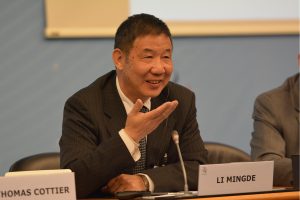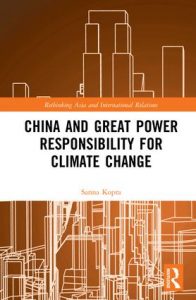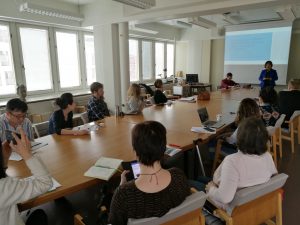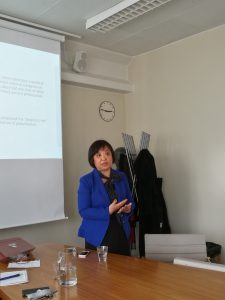On 27-28 September 2018, Professor Pia Letto-Vanamo, Dean of the Faculty of Law of the University of Helsinki and a member of the board of the Finnish China Law Center, attended the 2018 annual summit of the New Silk Road Law Schools Alliance.
The Faculty of Law of the University of Helsinki, one of the 10 member institutions of the Finnish China Law Center, is one of the founding members of the Alliance.
The Summit was hosted by the People’s Friendship University of Russia (RUDN University) Law School, and was the fourth Summit since the establishment of the Alliance at Xi’an Jiaotong University in 2015, with the following two Summits organised respectively by the law schools of the University of New South Wales (Australia), and Wuhan University (China).
The 2018 Annual Summit included academic discussions and a meeting of Alliance deans.
The academic sessions included the book launch of the edited volume by Professor Wenhua SHAN, Professor Kimmo Nuotio, and Mr. Kangle Zhang. Professor Nuotio is Professor of Criminal Law in the Faculty of Law at the University of Helsinki and Kangle Zhang, who also attended and spoke at the Summit, is a Doctoral Researcher in the Faculty of Law of the University of Helsinki.
The Summit also included presentations by participants from various member law schools on topics such as business activities and human rights along the Belt and Road (Professor Michael Hor of the University of Hong Kong), dispute settlement of electronic commerce (Professor Yun ZHAO of the University of Hong Kong), and environmental rights along the ‘Belt and Road’ initiative (Kangle ZHANG of University of Helsinki).
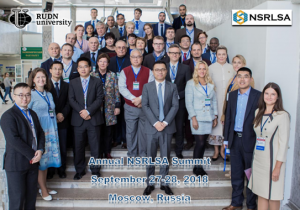
At the deans’ meetings, issues including academic collaboration amongst member law schools, publication of research results, comparative law education and student exchange programs.
Law Schools represented at the Summit include the University of Hong Kong, National University of Singapore, Wuhan University, Xi’an Jiaotong University, University of New South Wales, University of Belgrade, University of Bergen, People’s Friendship University of Russia (RUDN University), and the University of Helsinki.
Thanks to Kangle Zhang, Doctoral Researcher in the Faculty of Law of the University of Helsinki, for contributing to this article.

